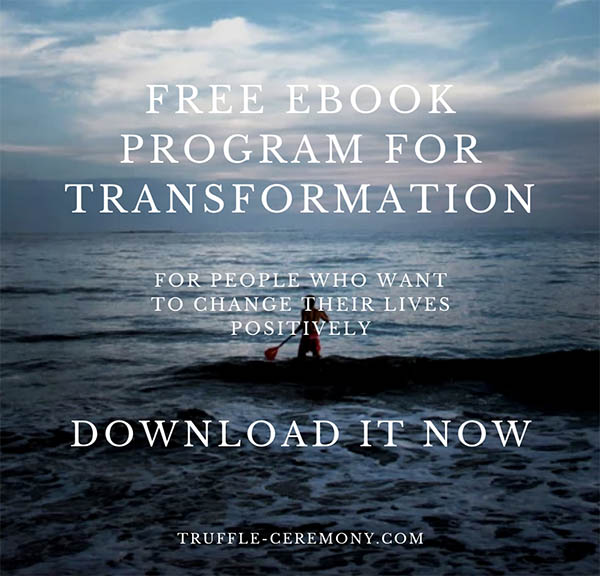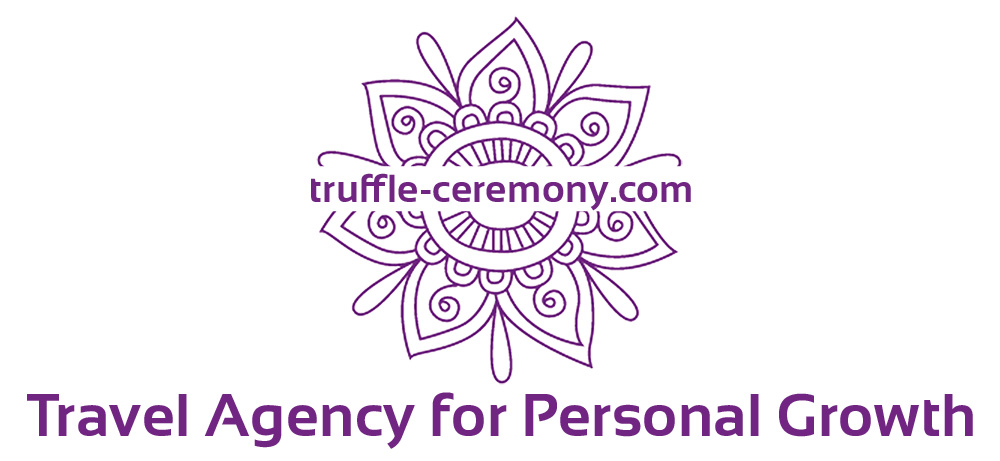Home | Mind-altering drugs: a journey through time and consciousness
Mind-altering drugs: a journey through time and consciousness
Mind-altering drugs have been used for thousands of years by various cultures to expand consciousness, gain spiritual insights and promote healing. Today, these substances fall under the category of psychedelic drugs, with strong hallucinogenic effects.
Some are legal, some are banned, and some cause a great deal of nuisance worldwide. In this text, we explore the different species, their effects, their role in ancient civilizations and the risks associated with them.
What are mind-altering drugs?
Mind-altering drugs, also called psychedelics, affect the brain in ways that alter perception, thoughts and emotions. Many of these drugs can cause visual hallucinations, in which users perceive colors, patterns or even entire worlds not normally visible.
There is a difference between natural and synthetic mind-altering drugs:
- Natural: Derived from plants, fungi or cacti, such as truffles & magic mushrooms, San Pedro and Ayahuasca. These plant medicines are also called mind-altering drugs.
- Synthetic: Made in a laboratory, such as LSD and MDMA.
While many of these substances can offer a deep, introspective experience, there are also risks, such as a bad trip, where anxiety and paranoia take over.
Types of natural mind-altering drugs
Psilocybin (Shrooms and Truffles)
- Psilocybin, the active ingredient in magic mushrooms and truffles, is converted in the body to psilocin, which causes the hallucinogenic effects.
- Causes visual hallucinations, euphoria and deep insights.
- Legal in some countries (like the Netherlands for truffles), but banned in many.
San Pedro and Peyote (Mescaline cacti)
- Contains mescaline, a powerful psychedelic agent.
- Used by indigenous peoples in spiritual rituals.
- Illegal in most countries, unless used for religious purposes.
Ayahuasca (DMT-containing brew)
- Contains DMT (Dimethyltryptamine), a substance that causes deep hallucinations and spiritual experiences.
- Traditionally used by shamans in the Amazon.
- Legal for religious use in some countries.
Salvia Divinorum
- Herb with intense and brief hallucinogenic effects.
- Used by indigenous tribes in Mexico.
- Legal in some countries, banned in others.
Types of synthetic mind-altering drugs
LSD (Lysergic acid diethylamide)
- One of the strongest and best-known psychedelic drugs.
- Causes prolonged trips (up to 12 hours) with strong visual hallucinations.
- Largely illegal worldwide.
MDMA (Ecstasy)
- Known for feelings of love and connection.
- In high doses, it can be dangerous to the brain.
- Illegal as a recreational drug, but is being investigated for psychotherapy.
Ketamine
- Originally an anesthetic, it also has psychedelic effects.
- Used medically for depression treatments.
- Recreational use can be harmful.
2C-B
- Synthetic drug with both hallucinogenic and stimulant effects.
- Tolerated in some countries, but often prohibited.
Cocaine, heroin, fentanyl
- Powerful, highly addictive drugs that can cause serious health risks and addiction, often with deadly consequences.

Microdosing
Microdosing involves taking a very small dose of a psychedelic drug, such as psilocybin or LSD, to experience subtle benefits without the full hallucinogenic effect. Many people report improved concentration, creativity and mood. Studies suggest that microdosing may have potential in treating mental health problems such as depression and anxiety. However, there are still many questions about long-term effects and safety.
Mind-altering drugs in ancient civilizations
For thousands of years, mind-altering substances have played a role in spiritual and healing rituals:
- Maya and Aztecs used psilocybin-containing mushrooms during religious ceremonies.
- Egyptians possibly used blue lotus as a mind-altering agent.
- Indigenous peoples of North and South America used San Pedro, Peyote and ayahuasca for spiritual journeys and healing.
- Hindu texts refer to Soma, an unknown psychoactive drug that brought enlightenment.
These cultures believed that psychedelic experiences opened the gates to higher dimensions and hidden knowledge.
Legal or illegal?
The legality of mind-altering drugs varies from country to country:
✅ Legal: Truffles (Netherlands), ketamine (medical use).
❌ Illegal: LSD, magic mushrooms, ayahuasca (sometimes under religious exception), mescaline and DMT in most countries.
⚠️ Partially legal: MDMA is studied for therapy, San Pedro is sometimes allowed for religious use.

Want to download the eBook on the Program for Transformation for free?
Fill in your details here and instantly download the eBook on the Program for Transformation from Truffle-ceremony.com
Nuisances and risks
While some mind-altering drugs have therapeutic benefits, others can cause social problems:
- Mushrooms and truffles: Usually little inconvenience. Improper use may cause temporary anxiety and confusion.
- LSD and DMT: Used responsibly, but a poor set and setting can lead to a negative experience.
- MDMA and ketamine: High recreational use, risk of addiction and health problems.
- Drugs like cocaine: Not psychedelics, but have a strong impact on society through crime and addiction.
The impact on the brain
Psychedelic drugs affect the brain by altering the activity of neurotransmitters such as serotonin. This can lead to profound insights, improved connectivity between brain regions and increased neuroplasticity. Research suggests these effects may help with depression, PTSD and addiction.
Mind-altering substances can offer deep insights and spiritual experiences and have been used for thousands of years by cultures around the world. Psilocybin, the active ingredient in magic mushrooms, San Pedro and ayahuasca play an important role in spiritual growth, while LSD and ketamine are being explored for medical applications.
Still, there are risks, such as nuisances from misuse, and legality varies from country to country. When used responsibly, these substances can contribute to personal growth and therapy. As ancient civilizations knew, mind-altering drugs can open the door to a deeper reality and broader consciousness.
Note
Mind-altering drugs can have powerful effects on your consciousness. Always use them with care and respect. Provide a safe environment, be in a good mental state, and never use them under the influence of other substances. When in doubt, consult an expert and respect your limits for a safe experience.
Subscribe to our newsletter now
Our newsletter is sent out up to 8 times a year.

